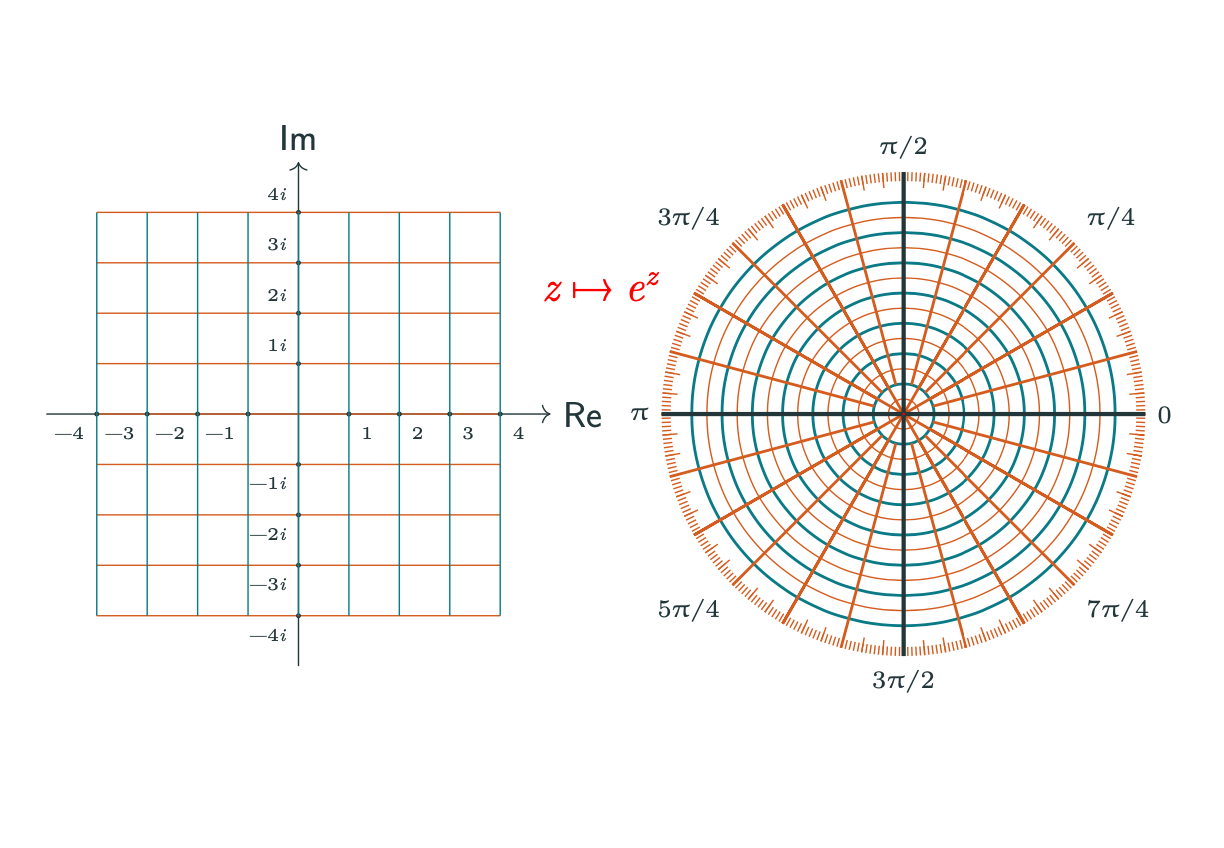
An introduction to complex analysis, up to and including evaluation of contour integrals using the Residue theorem.
Syllabus
Complex numbers:
- Cartesian and polar forms
- Lines, circles and regions in the complex plane
Functions of a complex variable:
- derivatives
- holomorphic functions
- Cauchy-Riemann Equations
Complex Integration:
- Line integrals
- Cauchy's theorem
- Cauchy's integral formula
- Derivatives of an analytic function (Cauchy's differentiation formula)
Liouville's theorem
Sequences and Series of Complex Numbers:
- Taylor series
- Analytic functions and their relationship to holomorphic functions
- Laurent's theorem
Residue Integration Methods:
- Calculation of residues at poles
- Cauchy's residue theorem
Argument principle, Rouch\'{e}'s theorem, examples. Fundamental Theorem of Algebra.
- Jordan's lemma
- Calculation of definite integrals using residue theory.
On successful completion of the course, students should be able to:
1. Express complex numbers in both Cartesian and polar forms;
2. Identify curves and regions in the complex plane defined by simple formulae;
3. Determine whether and where a function is holomorphic / analytic;
4.
Carry our complex integration via line integrals, Cauchy’s Theorem,
Cauchy’s integral formula and Cauchy’s differentiation formula.
5. Obtain appropriate series expansions of functions;
6. Evaluate residues at pole singularities;
7. Apply the Residue Theorem to the calculation of real integrals.
- Module Supervisor: Murat Akman